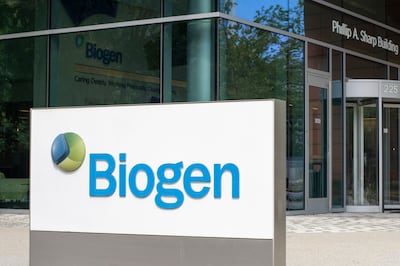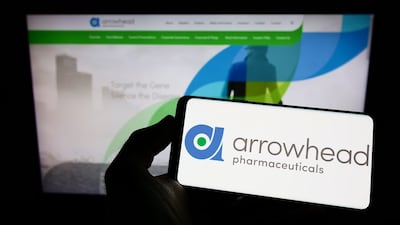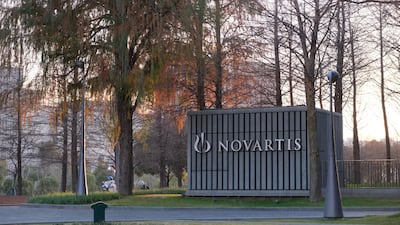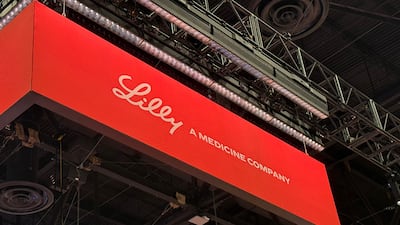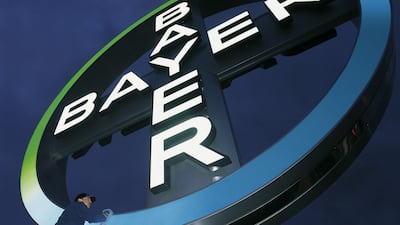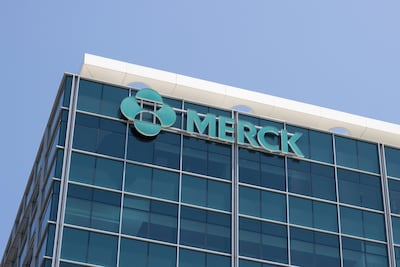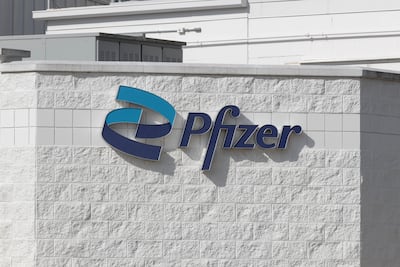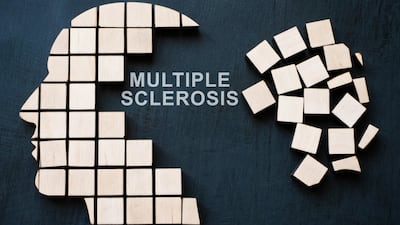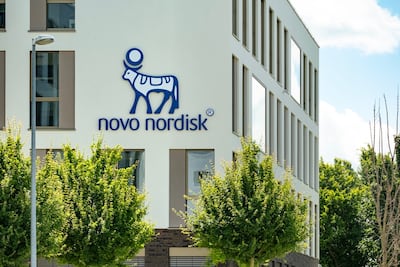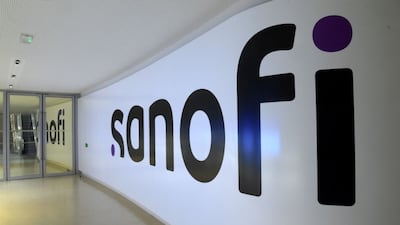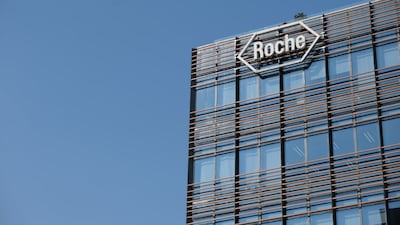The multiple sclerosis portfolio will drag revenue down more than Biogen’s growth products will boost 2026 sales, but Phase III results in lupus and kidney disease could bring two new launches.
The company announced positive Phase II results for the JAK1/TYK2 inhibitor in cutaneous sarcoidosis, which has no approved treatments.
The company hopes to prove its RNAi platform is the most versatile and potent in cardiometabolic therapies in 2026 – and win one over on its long-standing rival, Ionis.
The Novartis CEO believes the west has much to learn, especially in terms of clinical trial regulations and enrolment.
Pipeline Watch is a weekly snapshot of selected late-stage clinical trial events and approvals announced by pharmaceutical and biotech companies at medical and industry conferences, in financial and company presentations, and in company releases and statements.
Cereno’s decision to include PH-ILD in CS014’s development strategy positions the asset for a Phase II study in a rare indication with limited treatment options, while maintaining its original relevance in IPF.
Enthusiastic predictions from industry leaders for ongoing progress in obesity, oncology, immunology, neuroscience and more were supported by optimism for the potential of AI and other technological advances to enable breakthroughs in processes as well as pipelines.
The drugmaker highlighted a wide array of development programs in its fourth quarter earnings, including moving tirzepatide into multiple inflammatory conditions.
Monthly obesity therapies may not have to rival the efficacy of weekly injections if they can be more convenient and help patients stay on treatment longer.
The co-principal investigator of OCEANIC-STROKE tells Scrip that the oral Factor XIa inhibitor could be paradigm-changing.
Sales set to rise at low single digits this year but profits will be down slightly as generics take a grip on big earners like Entresto.
The drugmaker announced its fourth quarter and full-year results for 2025, highlighting significant revenue opportunities ahead across indications.
Long-acting GLP-1 agonist obtained in the Metsera deal beats placebo in 28-week weight loss in Phase IIb, but analysts note the data come in below Zepbound’s 28-week efficacy.
Safety concerns look to have finished off Sanofi’s competitor, tolebrutinib, leaving Roche’s fenebrutinib as the possible first-in-class BTK inhibitor for multiple sclerosis - but much still depends on a final Phase III readout.
The experimental GLP-1/amylin combination shows promise in type 2 diabetes, but competition will be fierce with some massive launches expected in 2026.
The drugmaker presented a real-world, head-to-head analysis of Erleada versus Bayer’s Nubeqa in metastatic castration-sensitive prostate cancer at the International Prostate Cancer Update.
Sanofi’s mixed data readout for venglustat lines up regulatory filings in neurological type 3 Gaucher's disease, while additional analyses and a separate trial will guide its future in Fabry's disease.
Pipeline Watch is a weekly snapshot of selected late-stage clinical trial events and approvals announced by pharmaceutical and biotech companies at medical and industry conferences, in financial and company presentations, and in company releases and statements.
The company said the NEAT trial in ataxia telangiectasia did not meet the primary and key secondary endpoints.
Roche has a handful of key Phase III readouts from potential blockbusters this year, with its oral SERD, giredestrant, expected to be the centerpiece of a future breast cancer franchise.

